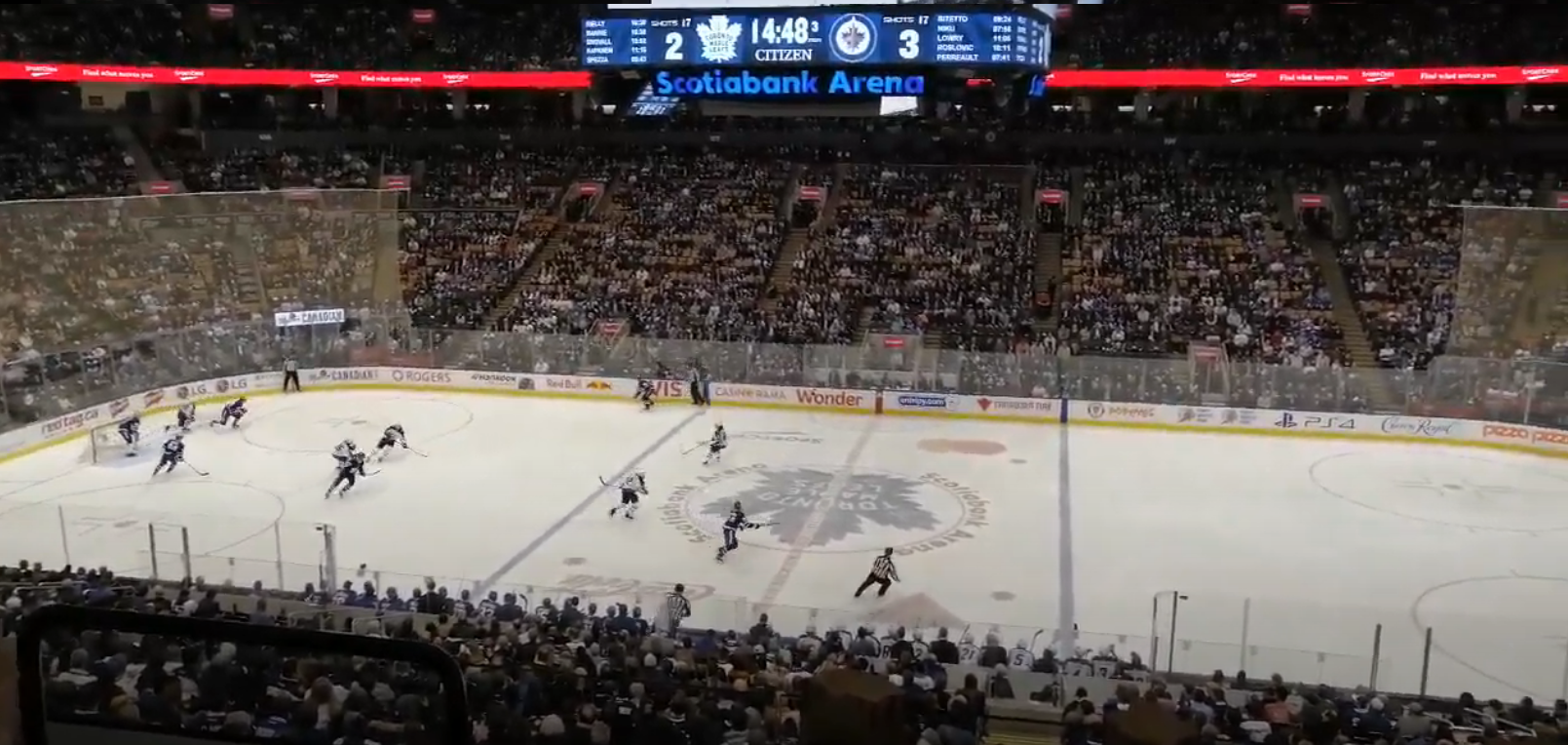March 12, 2020: the day sports shut down. This was the day COVID-19 became real for a lot of people, and it took away something loved by so many. A pastime that helped with a sense of normalcy was stripped away. As the days went on, folks — myself included — realized this wasn’t going to be something that would just last a couple weeks.
While this was the most prominent thing going on in the world, I had to remember I was in the middle of my winter semester. I also still had a job to go to. When there are bills to pay, a degree to get, a life to live, and a family to keep safe, your priorities begin to shift away from the small luxuries that you no longer have access to.
May 25, 2020: the world stopped yet again, but this time it was at the hands of police brutality and anti-Black racism. The murder of George Floyd changed the way Black people approached life as a whole. I became extremely cautious of everything I did, from walking around to driving, to really just existing. It’s unfortunate that it had to come to this, but there was something about his death that both scared me and made me want to do more.
In these last seven months, adjusting to a new way of life has not been easy. It’s filled with learning curves, confliction, pain, and trauma. Navigating through this trauma is difficult. Black folks are expected to be OK and put on a brave face while their world is crumbling beneath them. I love sports—hockey to be specific—and I will do everything I can to make it a safer space for marginalized folks. It lifts me up and is a way for me to indulge, unwind, and enjoy it for what it is. How do I justify continuing this work if the sport can’t love me back?
I will do everything I can to make it a safer space for marginalized folks. It lifts me up and is a way for me to indulge, unwind, and enjoy it for what it is. How do I justify continuing this work if the sport can’t love me back?
Engaging in constant activism, educating peers and friends, and sharing campaigns is taxing when you are fully immersed in it while trying to simply exist. That was my daily fight in life and on social media. There was also a constant back and forth when it came to deciding if doing this work was worth it. When I heard that sports were coming back, I was at a loss for words. Yes, it’s one thing to want to bring back a “normal” part of life. But to do it in a time where you’d be potentially putting people at risk, and possibly blowing over the Black Lives Matter (BLM) movement and the fight against anti-Black racism, I was concerned to say the least.
Basketball players had the right idea in this matter, with WNBA players creating the blueprint. They met their return to play with peaceful protest. Walking out on the anthem, kneeling during both Canadian and American anthems, t-shirts, awareness through the media, and even a player strike. In comparison, the NHL promoted a “#weskatefor” campaign and a unity circle in the initial stages.
The basketball associations were met with disdain from the stick-to sports crowds, just as the NHL was met with disappointment from those fighting for Black lives. The NHL’s lack of action was met with support from Eric Trump for “#standing” as he put it. That was probably the worst that I’ve felt being a fan of hockey. It felt as if a critical message wasn’t getting across to hockey fans, and in fact, the exact opposite was being interpreted.
It was very frustrating. For Black hockey fans, when you love a sport so much, you work your hardest to make sure you feel accepted, and make sure that people understand the work that still needs to be done.
For example, I love the Toronto Maple Leafs and they wore BLM shirts in the beginning of Phase Three of the return-to-play. While this is great, what else will be done by an organization with so much power in this city and this league? This is just one organization. There are 32 clubs, the league as a whole, the NHL Players Association, and a newly founded Hockey Diversity Alliance. There are a lot of heads that can come together to make something amazing happen.
Then came September 25, 2020: the Dallas Stars were about to play in Game 4 of the Stanley Cup Final. A true underdog team that I adore — fighting through countless injuries, with players like Nick Caamano, Jason Dickinson, and Anton Khudobin showing their skill and proving people wrong in this series.
Team leader Tyler Seguin has been one player to be more vocal about racial injustice than folks may have expected. He did the work to better himself, took a knee alongside Ryan Reaves, and gave me a reason to continue watching this season.


